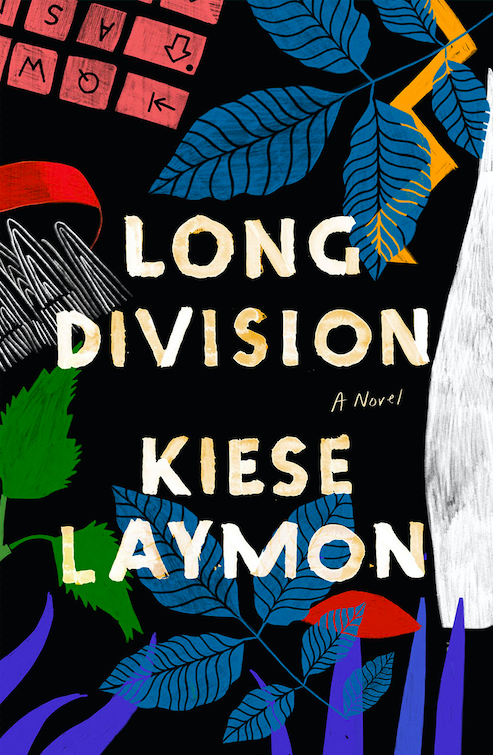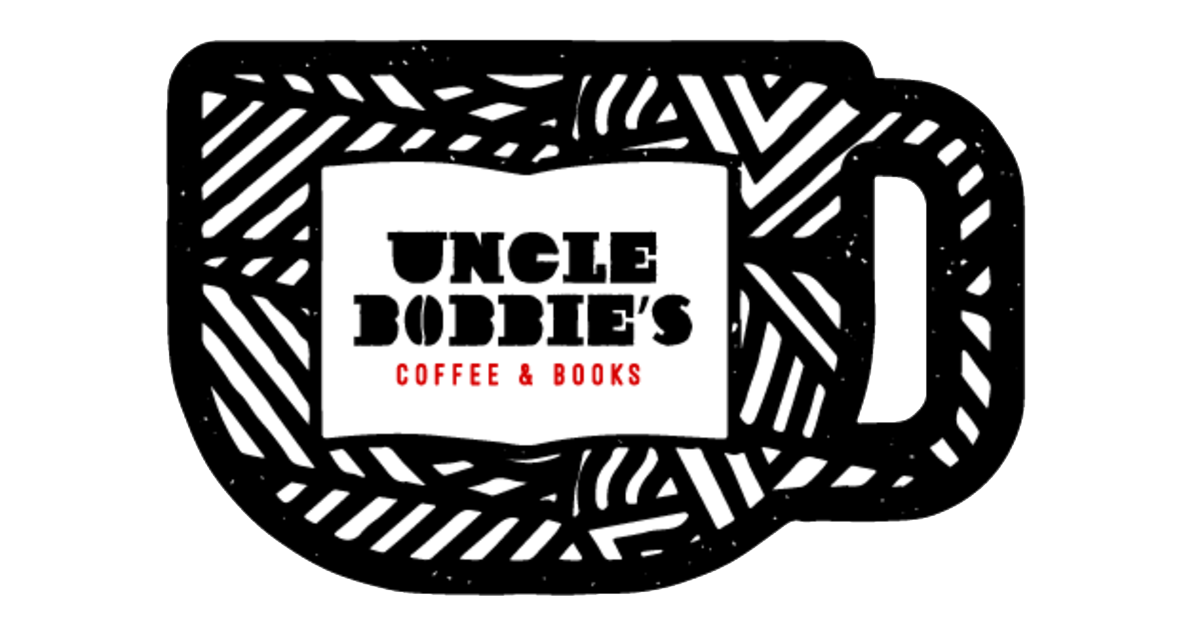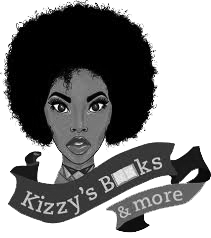Written in a voice that’s alternately humorous, lacerating, and wise, Long Division features two interwoven stories. In the first, it’s 2013: after an on-stage meltdown during a nationally televised quiz contest, fourteen-year-old Citoyen “City” Coldson becomes an overnight YouTube celebrity. The next day, he’s sent to stay with his grandmother in the small coastal community of Melahatchie, where a young girl named Baize Shephard has recently disappeared.
Before leaving, City is given a strange book without an author called Long Division. He learns that one of the book’s main characters is also named City Coldson—but Long Division is set in 1985. This 1985-version of City, along with his friend and love interest, Shalaya Crump, discovers a way to travel into the future, and steals a laptop and cellphone from an orphaned teenage rapper called...Baize Shephard. They ultimately take these items with them all the way back to 1964, to help another time-traveler they meet to protect his family from the Ku Klux Klan.
City’s two stories ultimately converge in the work shed behind his grandmother’s house, where he discovers the key to Baize’s disappearance. Brilliantly “skewering the disingenuous masquerade of institutional racism” (Publishers Weekly), this dreamlike “smart, funny, and sharp” (Jesmyn Ward), novel shows the work that young Black Americans must do, while living under the shadow of a history “that they only gropingly understand and must try to fill in for themselves” (The Wall Street Journal).
Buy your copy from one of Kiese’s favorite bookstores
“Heavy by Kiese Laymon brings awareness that the work of liberation done in Jackson, Mississippi long before young Laymon’s birth, was ultimately not done, or was not done well enough. Or was perhaps impossible to do. Which I sometimes felt was true. The suffering of his childhood! Seven years we spent dreaming a childhood for him, for all black children (and ultimately white ones too, in that state) that would have a foundation not just in a first rate education but in an intimacy with joy. Didn’t happen, as this harshly honest memoir attests. And what of his mother? Caught between the needs of creativity, love, mothering, pushing the race forward, and surviving in a land where not one of us was safe; and her desperation, fear of falling backward, dread that her only son might become another Emmett Till.
Did we fail you, Beautiful Son, because we did not fight long enough, there where you were born? Did not love strongly enough? Did not die from bullets and bombs, broken hearts, depression and soul wounds sufficiently enough? But you have come through, anyway. So did we fail completely? In you I see the soul of black folk. As DuBois thought we might. Now that your inner mirror is clear, I know you see this too. There is a purpose to all this suffering. In fact, as an elder, I can begin to see suffering as a birth. A birth of soul. A growth of it. Now the old hymns and spirituals begin to make sense, though most need liberating from a context they have outgrown. Thank you for HEAVY.” -Alice Walker






